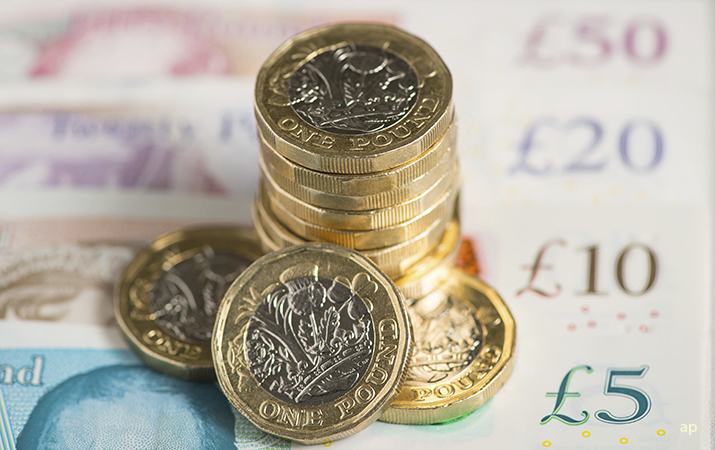BT Group (BT.A) reported fiscal second-quarter results that were a bit better than our expectation, but the real improvement was in the balance sheet. Revenue for the quarter declined 2.8% year over year, versus our expectation of a 3.4% drop for the entire year. Sales declined in all divisions except Openreach, which was flat with the previous period. However, there were some positive signs as the global services division increased its order intake to £2.1 billion ($3.4 billion) in the quarter (up from £1.4 billion one year ago), and the retail division added 114,000 broadband customers. This amounted to 45% of the DSL and LLU net additions for the country, one of the highest percentages the firm has ever attained. We think the improvement in the global services division is particularly important, as this is the unit that caused all the firm's problems in 2008 and 2009. Since then, orders have steadily fallen, but this quarter the division is back to its previous run rate of £8 billion per year.
Despite the lower revenue, BT has done a good job of cutting costs (down 5%), which allowed adjusted EBITDA margins to reach 29.2% versus our full-year estimate of 28%. However, management expects the second half to have lower margins, which should bring them more in line with our expectation. These differences aren't enough to change our fair value estimate, but the improvements to BT's balance sheet could. The cost-cutting has led to higher free cash flow, which has reduced net debt to £8.7 billion including derivatives. Excluding derivatives, net debt is £10.1 billion, down from £11.3 billion at the end of fiscal 2010 ending March. Even more important, the UK government just announced that UK pension plans are to be calculated based on the consumer price index rather than the retail price index. Under this scenario, BT's pension is now underfunded by only £5.2 billion instead of £7.9 billion at the end of the fiscal year. That said, we still expect the current stock price to be above any improvements to our fair value estimate.
























